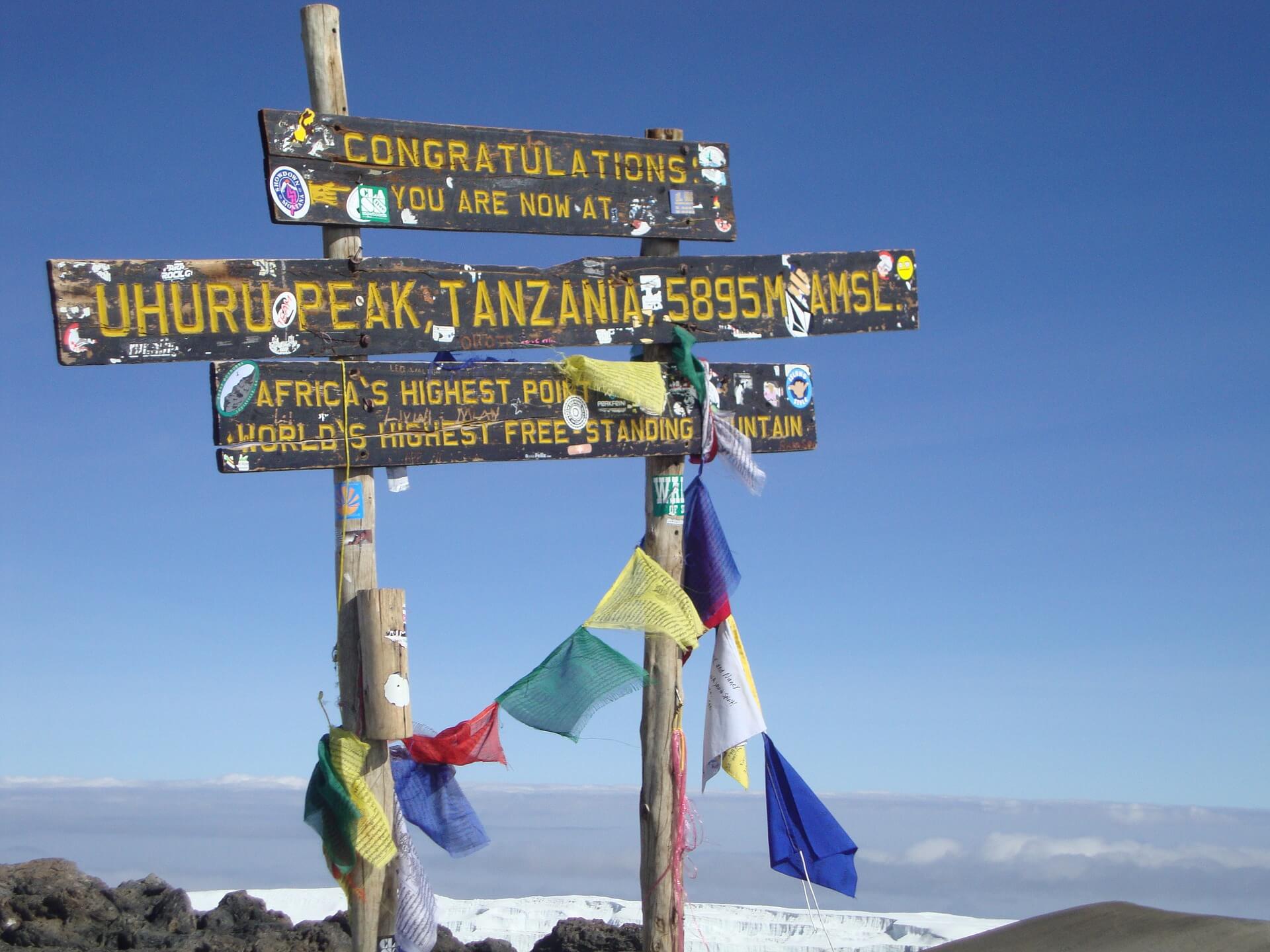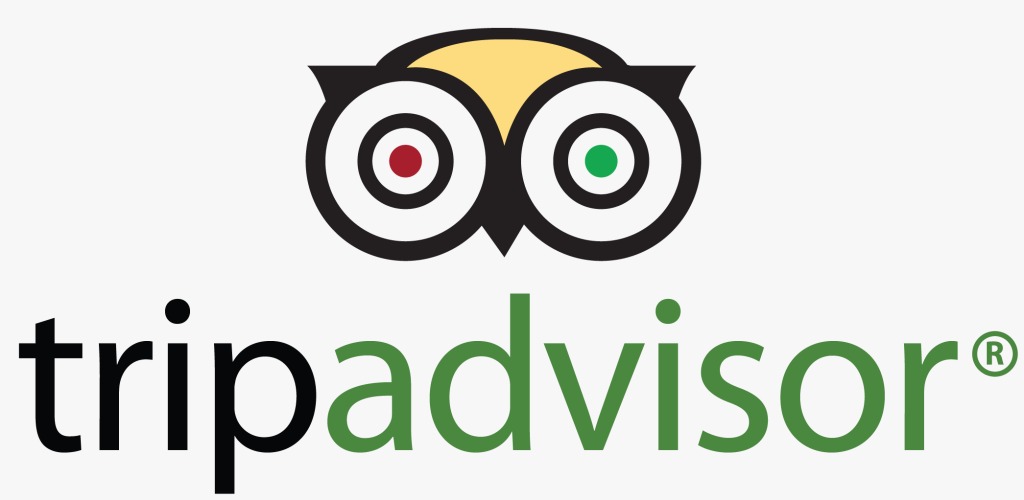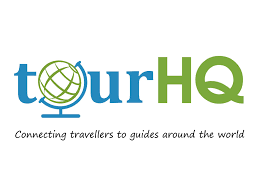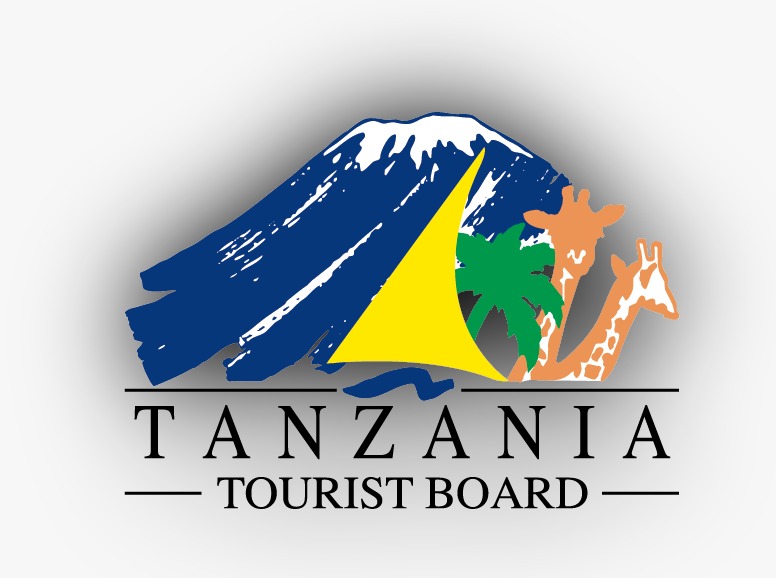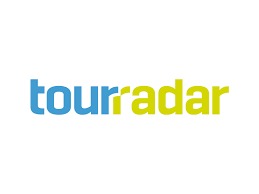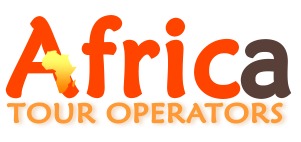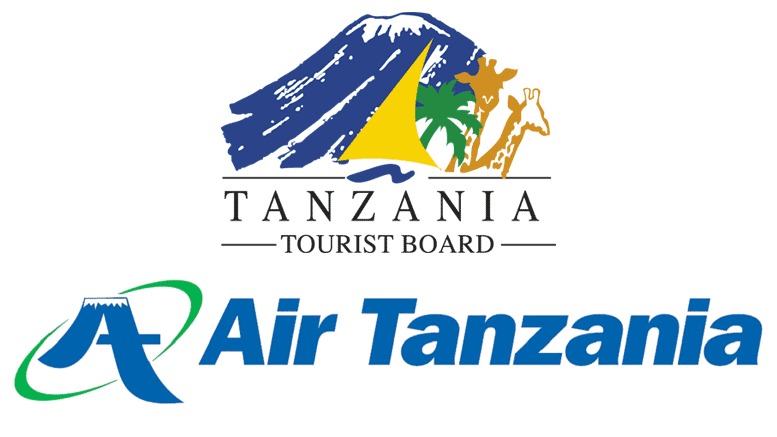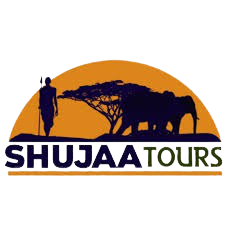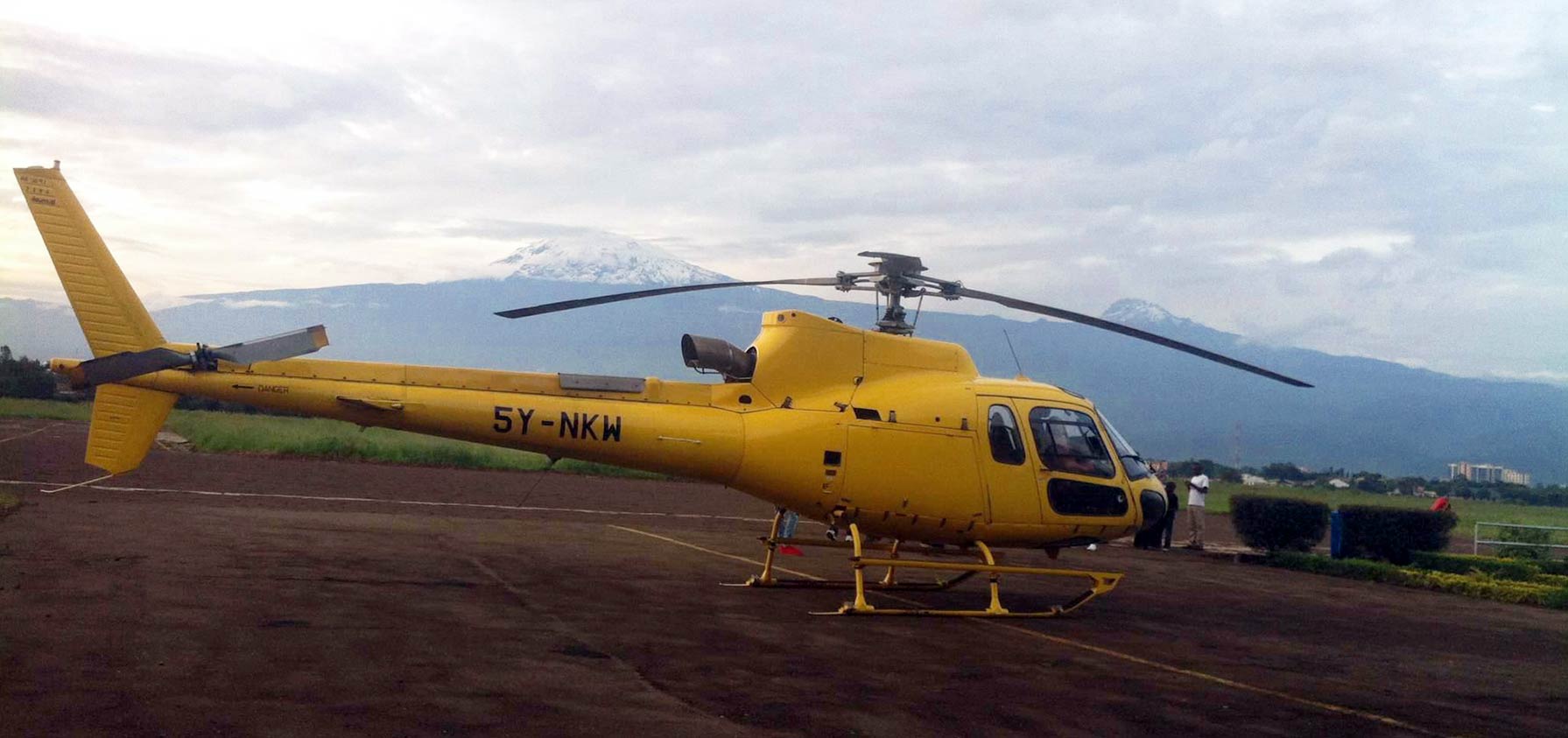Climb Mount Kilimanjaro
Welcome to Wonderful Tanzania – Unforgettable Travel Experience
SHUJAA TOURS
The Experts in Climbing Mount Kilimanjaro.
We assist you in planning and preparing your trip,
Guide you to the highest peak of Africa
With safety and comfort.
Unforgettable Experience!
Our Outdoor Adventures give you the sense of Peace Pride and Freedom
Every day of your visit is living life to the fullest
On our trips you’ll be surprised of some hidden gems that others miss, or don’t even know about. As our guest, we want you to experience the country, not merely observe it. We’ll take you closer to the country, its culture and people, often in unscripted, spontaneous, impossible-to-replicate ways. You’ll go back home having seen and experienced the country in a way that other travelers might never have.
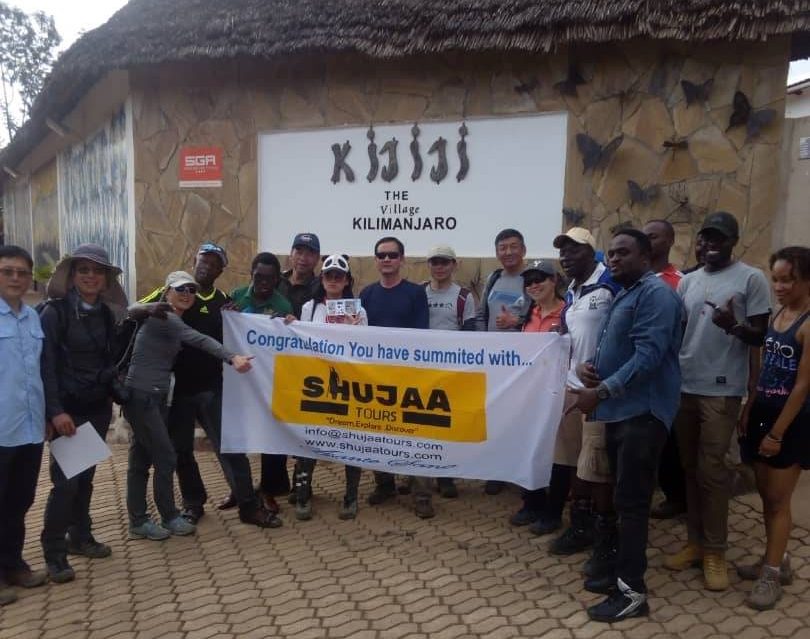
- We help you plan your trip
- Provide practical information and guidance for your visit
- We are your Climb Kilimanjaro personal assistance and guide
- Ensure your safety and comfort
- Guide and attend you to summit mount Kilimanjaro with success
- Make your visit amazing and memorable
You are our guest, a guest is treated special with respect and comfort.
Your Kilimanjaro Trek Starts Here
Varying in duration from 5 to 9 days, we are confident that we have a Mount Kilimanjaro trekking tour that is suitable for different age and physical abilities. We are always pleased to spend time discussing with trekkers all the 7 different routes that we offer for Mt Kilimanjaro.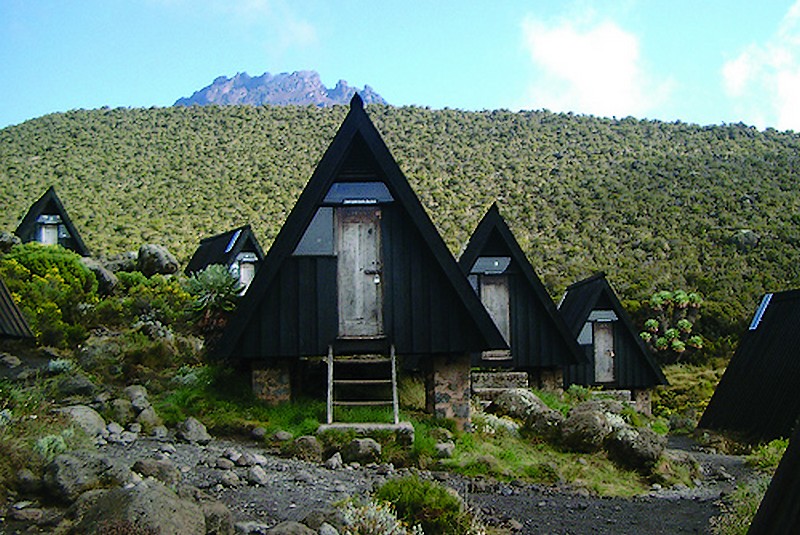
Marangu Route
5 – 6 Days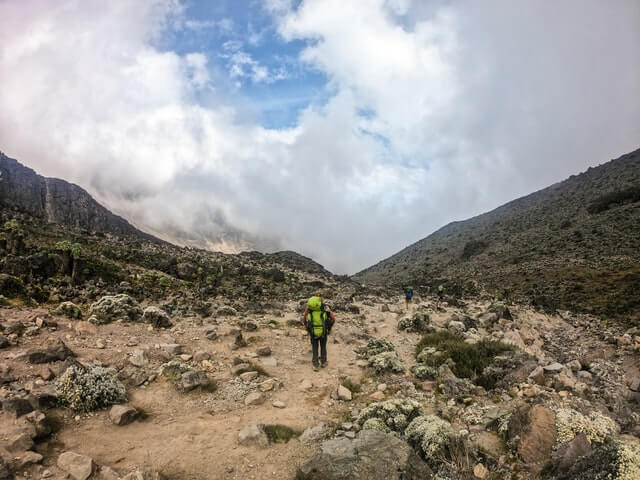
Machame Route
6 – 7 Days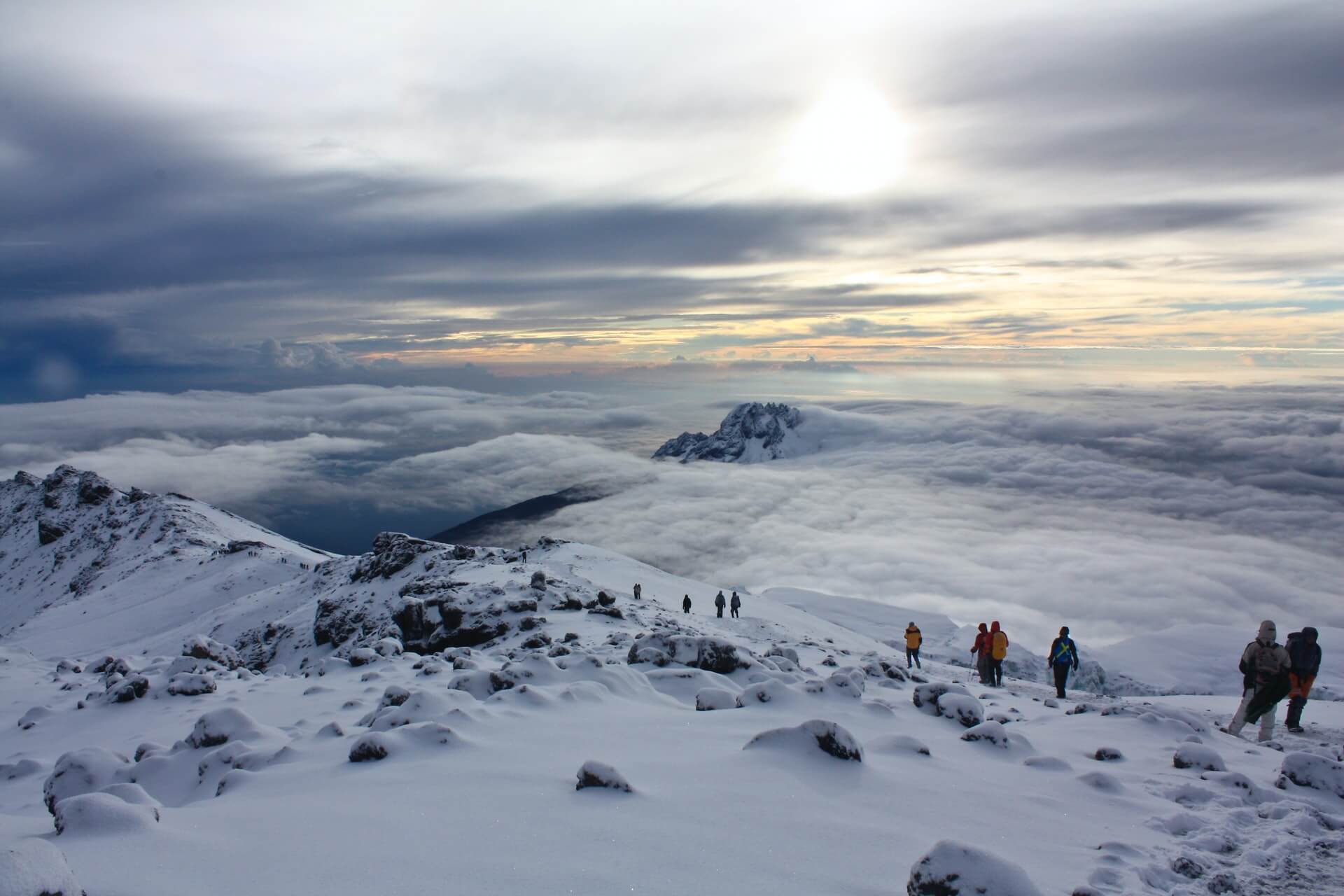
Lemosho Route
7 – 8 Days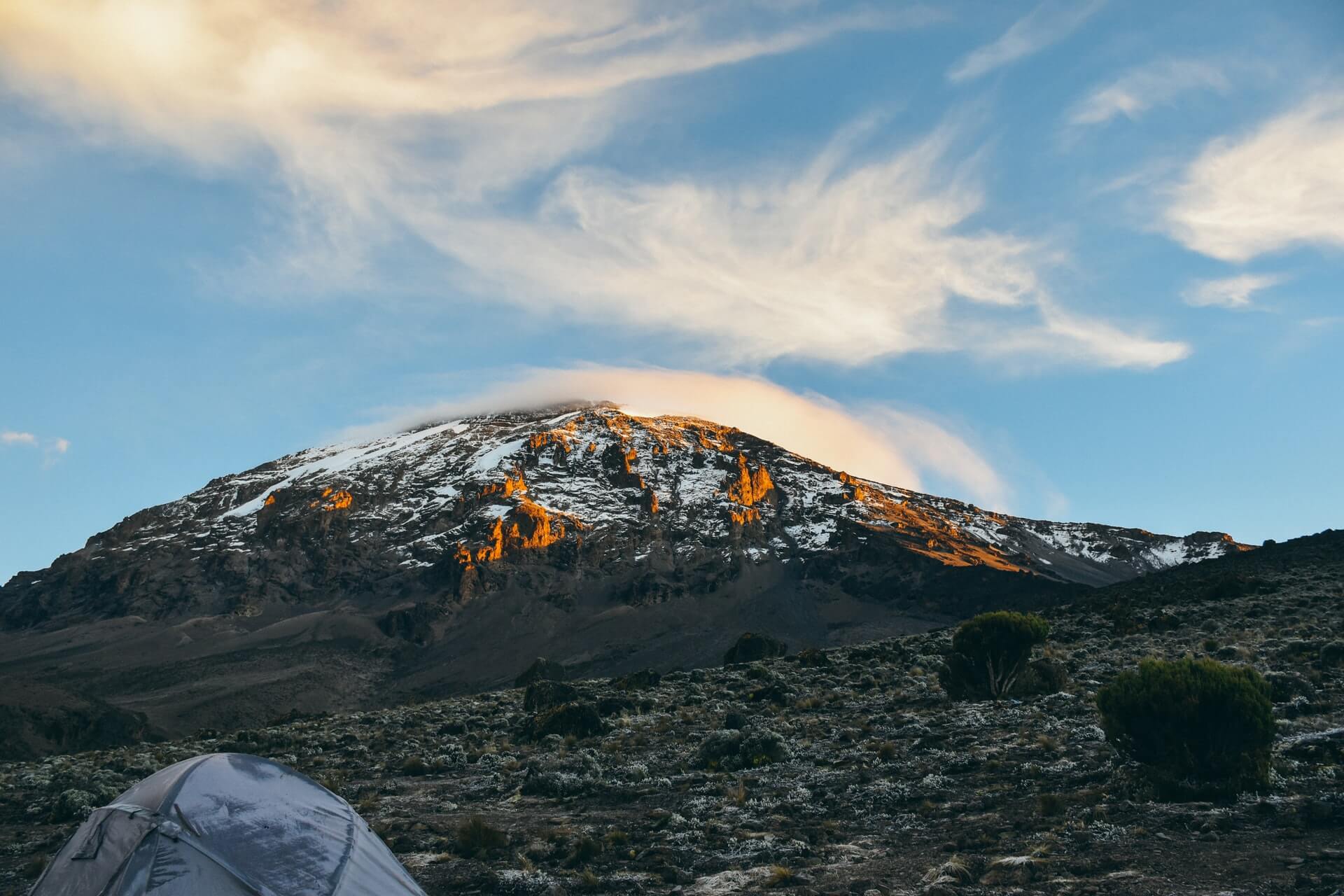
Umbwe Route
6 – 7 Days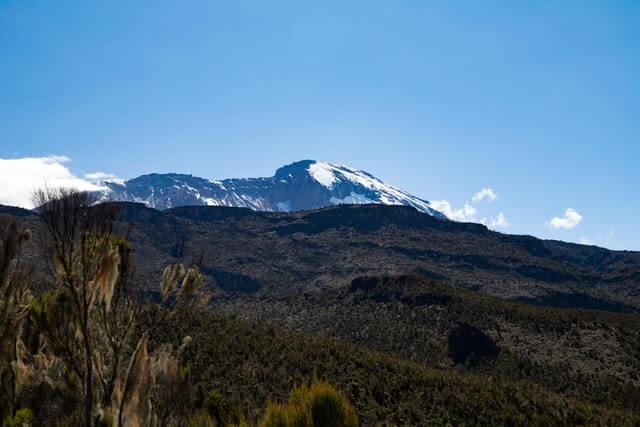
Rongai Route
6 – 7 Days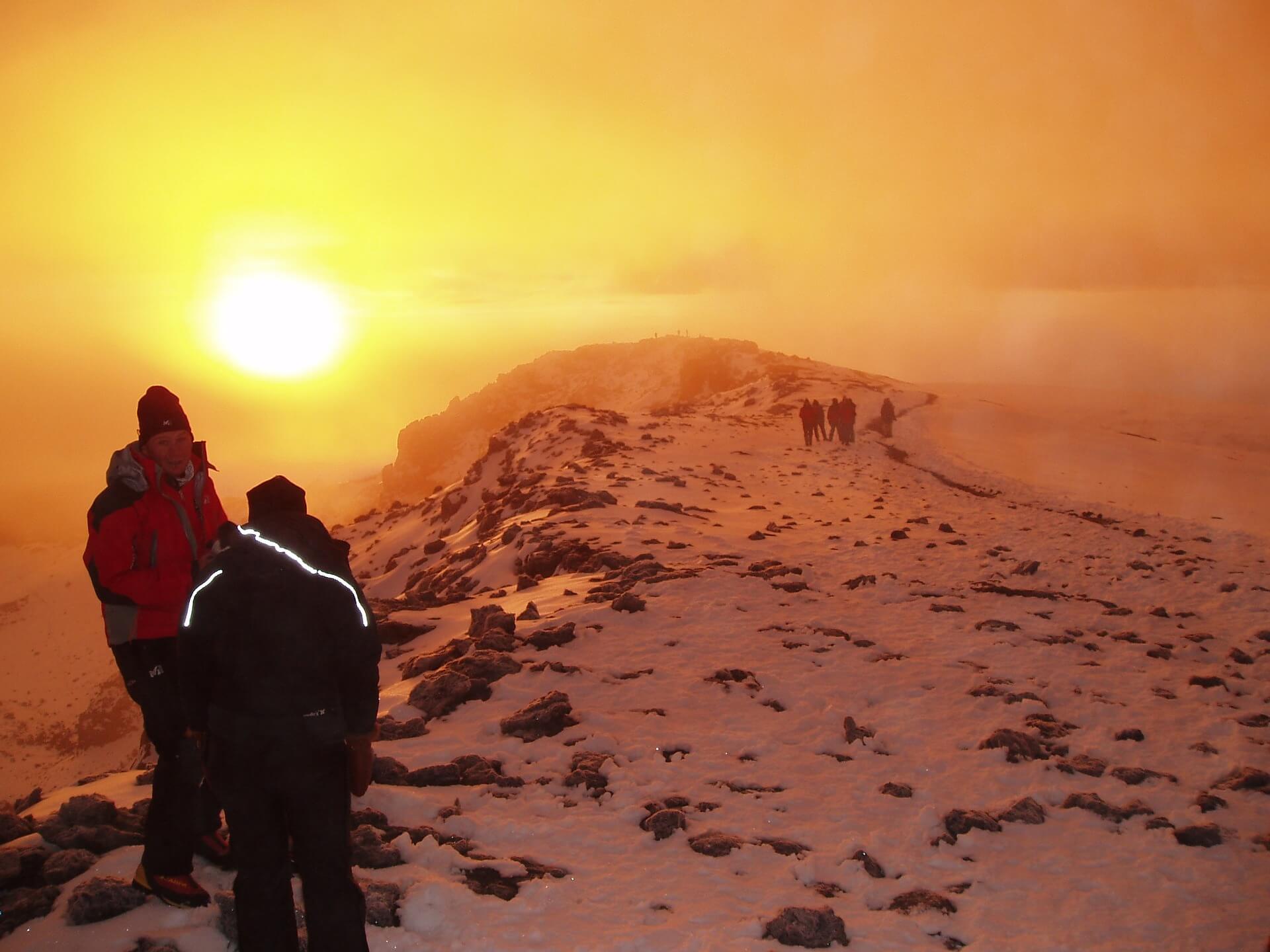
Northern Circuit Route
9 DaysKINDLY NOTE THAT:
Need Expert Advice?

See What Our Guests Say About Us on a TripAdvisor
Your Health Safety & Comfort During Kilimanjaro Climb
For Kilimanjaro Climb safety measures come first before rescue. Once you are on the mountain we do everything possible to ensure you remain healthy. We monitor your health closely to spot the early warning signs of problems. All of our guides have high altitude experience, are qualified High Altitude First Responders, and are trained in Wilderness Emergency Medicine. This guarantees that we run our trips to the highest standards. NOTE : Prior to your ascent of Kilimanjaro, we make sure you understand what is provided for in our medical kit.
Climbing Gear
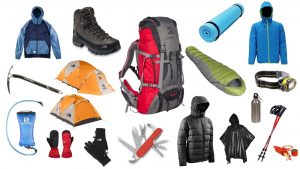
One of the important prerequisites of a successful summit attempt is being properly equipped. Please remember to limit the weight of your duffel bag and its content to be carried by the porters on the climb to 15 kg (32 lbs) or less. Extra luggage, including clean clothes to wear after your climb, can be left at the hotel in Moshi.
Day Pack
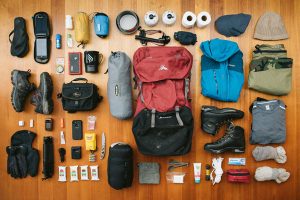
Normally you will not see your backpack from the moment you hand it to the porter in the morning to at least lunchtime, and maybe not until the end of the day. It’s therefore necessary to pack everything that you may need during the day in your day bag that you carry with you. Every person will have their own porter carrying their bag so nothing ever gets lost.
Daily Routine
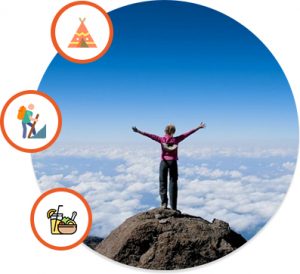
Food & Water
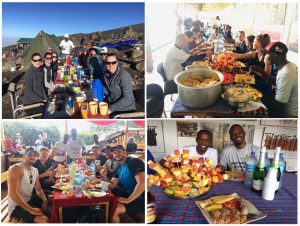 Food and water on Mt Kilimanjaro: staying hydrated and well-fed on your climb is absolutely vital, especially when conditions are such that you might not want to eat or drink as much as you should.
For each climb on Mount Kilimanjaro a dedicated cook will be part of the logistical team.
Daily meals are breakfast, lunch, afternoon snack, and dinner.
We have non-vegetarian and vegetarian menu.
Food and water on Mt Kilimanjaro: staying hydrated and well-fed on your climb is absolutely vital, especially when conditions are such that you might not want to eat or drink as much as you should.
For each climb on Mount Kilimanjaro a dedicated cook will be part of the logistical team.
Daily meals are breakfast, lunch, afternoon snack, and dinner.
We have non-vegetarian and vegetarian menu.Accommodation
The quality of your camp is very important: keeping your body healthy and rested is absolutely essential to summit success. Sleeping tents come with full-tent closed-cell foam ground pads, which keeps you warmer, drier, and more comfortable.Tailored fly sheets and attached vestibules provide space for your gear. If you are travelling with your own group you can share tents. Tents are large enough for three adults, but we don’t put more than two people in a tent. Sleeping pad (non-inflatable 2-inch pad with nylon cover). We take our equipment very seriously and make sure everything is in good working order and clean.
Mountain Hut Accommodations
MARANGU ROUTE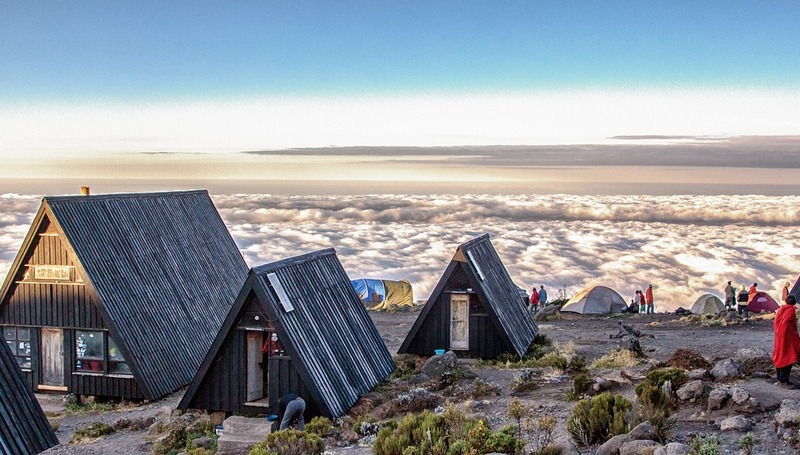
This is the only route which offers sleeping huts in dormitory style accommodations in lieu of camping. Guests are supplied with mattresses and pillows, but sleeping bags are still required. The huts have communal dining halls and basic washrooms, ranging from flushing toilets, running, and buckets of water. However, we provide a private toilet for our guest.
Toilet
Toilets On Kilimanjaro
Are you thinking about how you ‘do your business’ on Kilimanjaro? Look no further, here is all the information you need about toilets on Mount Kilimanjaro.While climbing Kilimanjaro, there are always going to be public toilets at each camp site. These are known as ‘long drop’ toilets. They are wooden permanent buildings that look like…Well normal public restrooms.
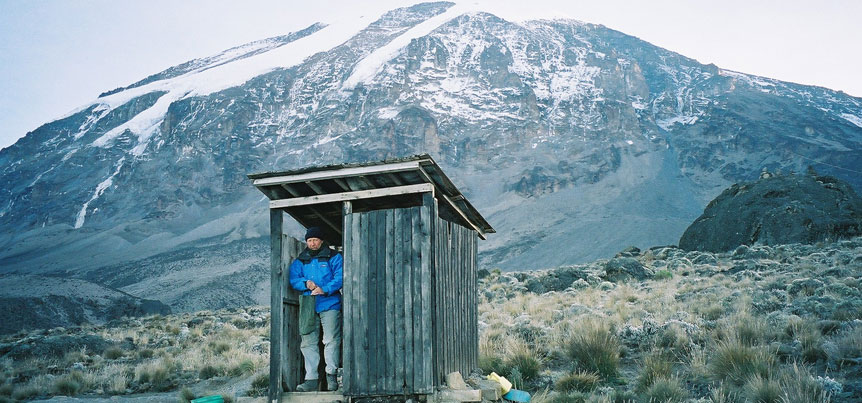 Long drop public toilet facilities are provided and maintained by the Kilimanjaro National Park.
Long drop public toilet facilities are provided and maintained by the Kilimanjaro National Park.
Private portable toilet
For the comfort of our guests we provide private portable toilets. This is a simple chemical toilet or in some cases a bag attached to a toilet drum and seat that sits inside a private toilet tent.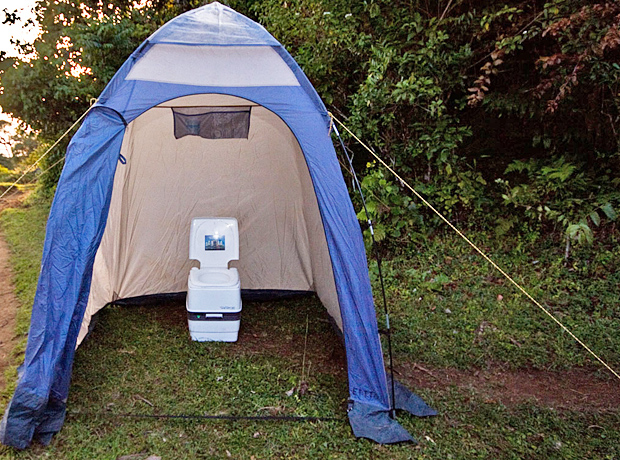 Private toilets are just for you and your own group. A porter is tasked with carrying the toilet and toilet tent from camp to camp, and makes sure it is clean and sanitary.
Private toilets are just for you and your own group. A porter is tasked with carrying the toilet and toilet tent from camp to camp, and makes sure it is clean and sanitary.
Rescuing Procedure
Evacuation on Kilimanjaro
Air Ambulance
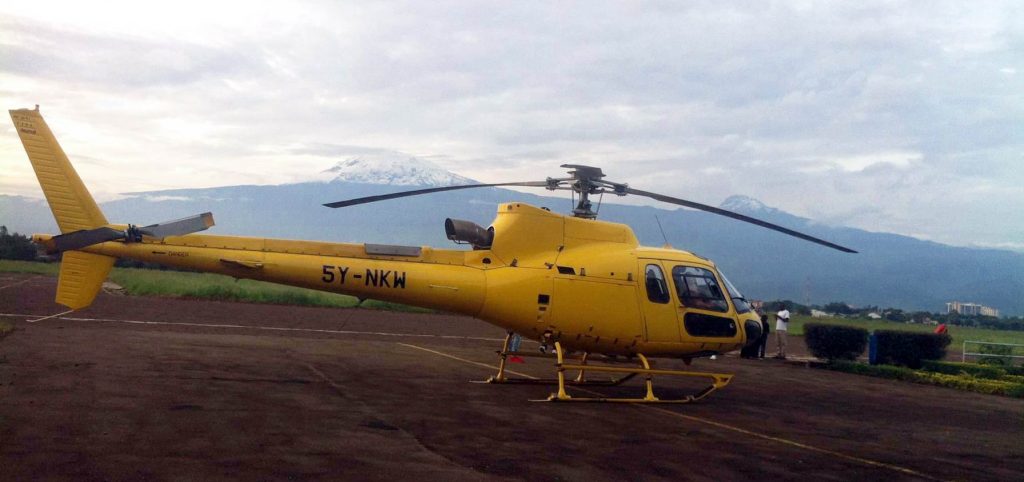 We recommend our guests to Intensive Care Air Ambulance (ICAA) AMREF Flying Doctor who can evacuate you in case of any severe problems. We usually use the following four areas which have helicopter landing pads on the site:
We recommend our guests to Intensive Care Air Ambulance (ICAA) AMREF Flying Doctor who can evacuate you in case of any severe problems. We usually use the following four areas which have helicopter landing pads on the site:

- Shira
- Barranco
- Saddle
- Horombo
Stretcher evacuation
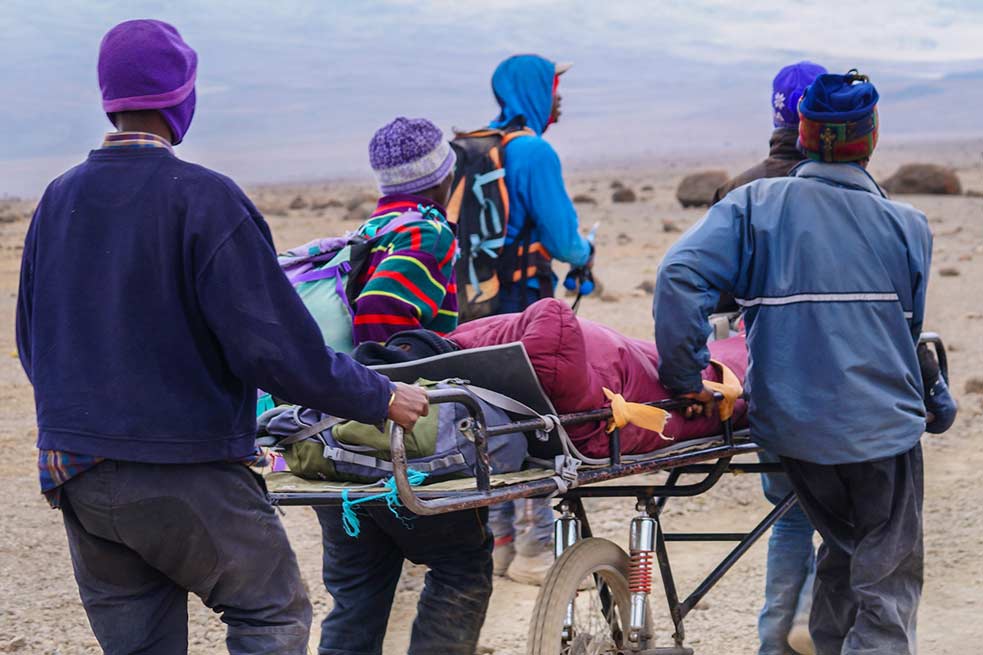 Mountain evacuation is always complicated, and Kilimanjaro is no exception. Thankfully, it is rare that climbers need to be evacuated from Kilimanjaro due to severe altitude sickness or injury. Much more common is mild altitude sickness triggering a precautionary evacuation.
Evacuation from Kilimanjaro is initially on foot (if able) or by stretcher, until the point that can be reached by a rescue car or helicopter.
Mountain evacuation is always complicated, and Kilimanjaro is no exception. Thankfully, it is rare that climbers need to be evacuated from Kilimanjaro due to severe altitude sickness or injury. Much more common is mild altitude sickness triggering a precautionary evacuation.
Evacuation from Kilimanjaro is initially on foot (if able) or by stretcher, until the point that can be reached by a rescue car or helicopter.
Rescue Car
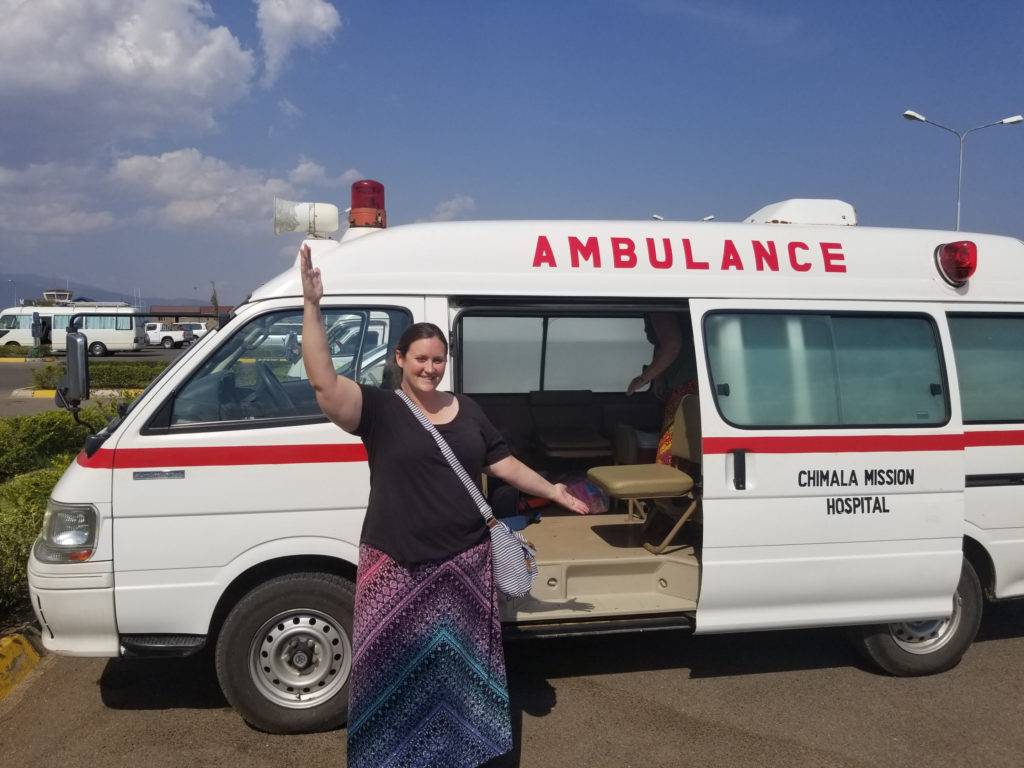 The National Park authorities provide a rescue car for these situations, and there are ranger posts on the mountain with radio contact to the park authority headquarters. Once in a vehicle, the sick climber can then be transferred directly to a hospital (KCMC Hospital in Moshi or ALMC Hospital, AAR Clinic or Aga Khan Clinic in Arusha), or if, as is often the case, they are already recovering from altitude sickness, to their lodge.
There are a number of quick descent routes on Kilimanjaro meaning that evacuation can be completed in a day from just about any point on the mountain. We have a well-staffed climb team that include sufficient staff to allow an assistant or lead guide to travel with the sick climber without affecting the rest of the group.
The National Park authorities provide a rescue car for these situations, and there are ranger posts on the mountain with radio contact to the park authority headquarters. Once in a vehicle, the sick climber can then be transferred directly to a hospital (KCMC Hospital in Moshi or ALMC Hospital, AAR Clinic or Aga Khan Clinic in Arusha), or if, as is often the case, they are already recovering from altitude sickness, to their lodge.
There are a number of quick descent routes on Kilimanjaro meaning that evacuation can be completed in a day from just about any point on the mountain. We have a well-staffed climb team that include sufficient staff to allow an assistant or lead guide to travel with the sick climber without affecting the rest of the group.
Kilimanjaro Planning Guide
Our aim is to provide professional and inspiring advice to help you prepare for an amazing hiking experience on Mount Kilimanjaro, and Tanzania in general. Kilimanjaro is undoubtedly a challenge, so it’s essential that you are fully prepared for your mountain climb. Over 30,000 people climb Kilimanjaro each year and for many it’s an adventure of a lifetime. So, if you’re up for the challenge of climbing the tallest mountain in Africa and world’s highest freestanding mountain, we’ve compiled some very important things you need to know. Here is what you need to know before trekking Kilimanjaro:- Kilimanjaro facts
- Choosing a Kilimanjaro trekking route
- When to climb Kilimanjaro
- Acclimatising to Kilimanjaro’s high altitude
- Luggage & camping equipment
- Personal trekking gear
- Planning, logistics & other information
Hiking Insurance
Can’t find any insurer willing to cover this activity?If you can’t find a local insurance policy to cover yourself, we can recommend ‘Ripcord’ who can cover almost anyone on Kilimanjaro, regardless of your country of origin: http://www.ripcordrescuetravelinsurance.com/st190117/ Most trekkers will never use insurance however the costs associated when an incident occurs can be in the thousands of dollars. You get an insurance with the expectation of not to use it, but in case of an incident you’ll appreciate those high costs of medical evacuation covered by the insurance company. READ MORE >
Tipping Guidelines
A tip (of course) is never compulsory but customary.Please note that these guidelines and approximate figures are intended to assist you in making a choice. You should not feel obliged in any way to tip, or be pressured by any member of staff to do so. Book a cheap Kilimanjaro climb is to support the shameless exploitation of the very people who make it possible for you to successfully climb Kilimanjaro; Our Kilimanjaro tipping guidelines are intended to give a fair tip to the porters and guides; though we realize that tipping may not be a common practice for some culture. READ MORE >
BOOK WITH CONFIDENCE
